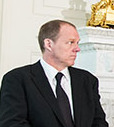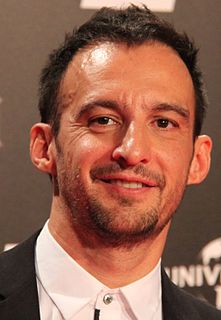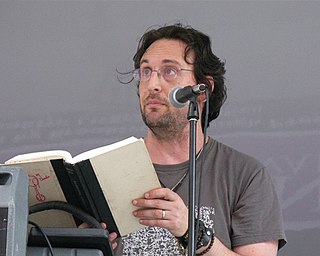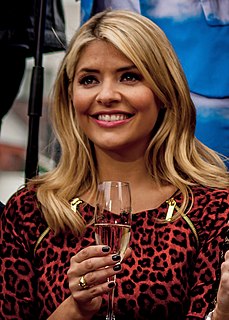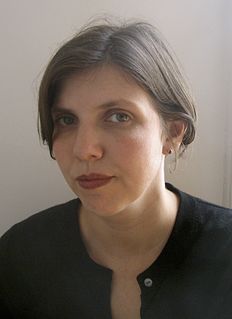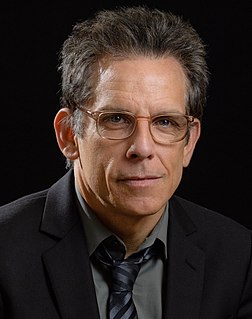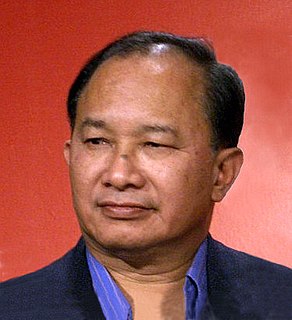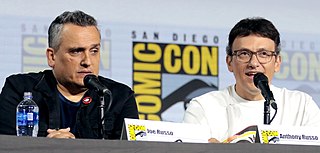A Quote by Brian Helgeland
If Im in the bookstore, and I see a 700-page novel, my first thought is, Ooh, how could you cut this down to size and make a movie out of it?
Related Quotes
For my first movie, I think my first cut was like three hours, because when you first direct a movie, you want to keep everything. But I'm not one of those directors who falls in love with the stuff they've done. Already when I'm doing my first cut, I'm willing to cut out everything that is necessary.
When we first sat down and talked about how much of the show we were going to do based on the movie, there are certainly things you can see right away, but we wanted to make sure that the audience who maybe never saw the movie or has maybe never seen any of the Marvel characters before - and I know there's three of them left on the planet - could have someone that could be their eyes and take them in.
I've done movies in the past that have so many characters and I find it's very hard to follow all these stories. You end up not caring about any of the people and I thought that would be the case in this film, and you had these big speeches for each character, you know, it's like "God that's how you'll have to cut that down in order to paste it all", to edit the movie and my representatives could say "no, you really you ought to check it out.
I don't know if you hear this often but I would say The Razor's Edge (loosely based on a great W. Somerset Maugham novel). This was Bill Murray's first dramatic role so everyone thought he stunk in this deep character but I thought he and the movie were great. The movie takes place over decades so you see Murray's character go from goofy playboy all the way to wiser, older person. It's basically a movie version of the journey I described.
First of all, the first cut of the movie was like three and a half hours and I walked away going, 'Wow, I know there's like twenty minutes that I can cut - ' when I first saw it 'But I don't know after that.' The first time I put up then in front of people I was like, 'Oh, my God, I can take that out and that out and that out.'
In editing, you really face what the movie is. When you shoot it, you have this illusion that you're making the masterpieces that you're inspired by. But when you finally edit the movie, the movie is just a movie, so there is always a hint of disappointment, particularly when you see your first cut.
I always thought the editor should cut the film and so I'll come in and look at the movie. Just because that's the only way I can really see the ideas of the editor, it's really working together. Yes it's a hierarchy, yes I'm the boss, but I like to see and to think about the idea, and it's about us asking, 'do we have to say that?' and, 'how do we make it there?' So it's advising the editor, it's very give and take, it's very free, but in the end, it's wonderful once you get through the first couple of cuts.
